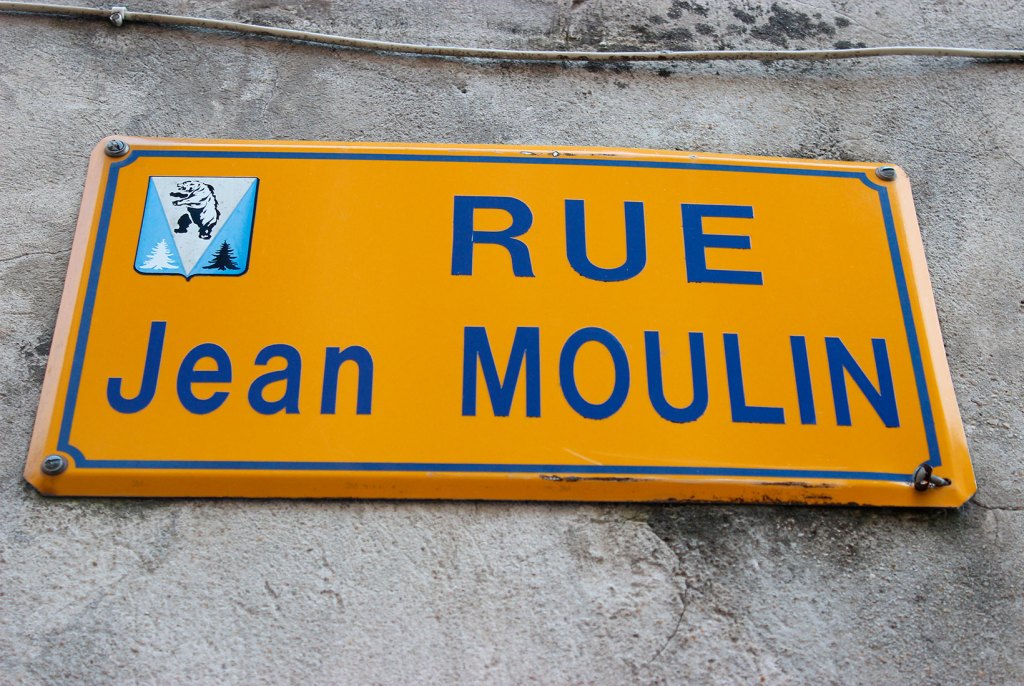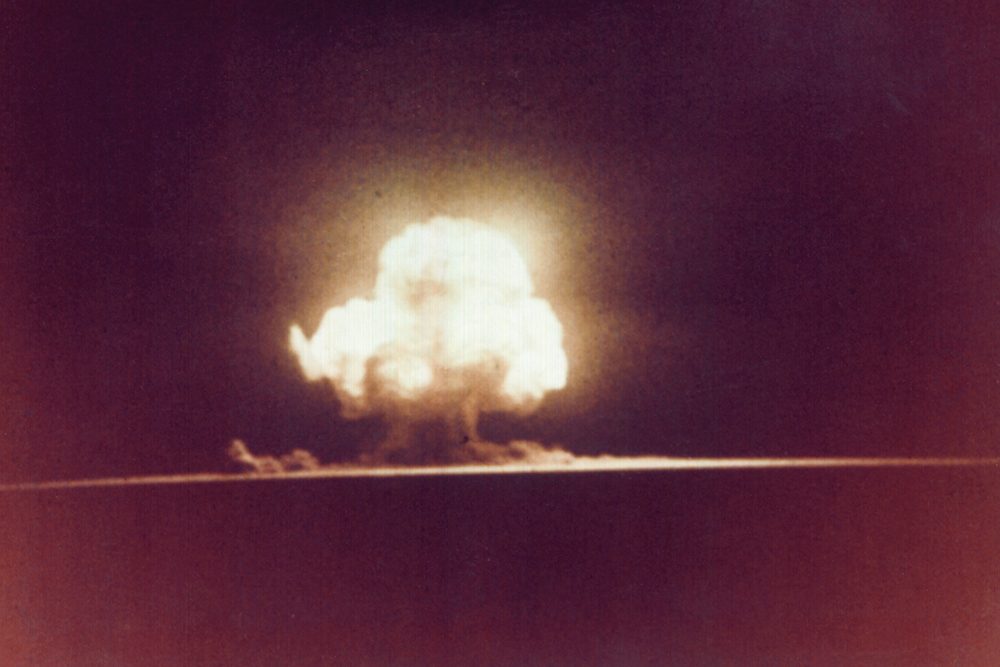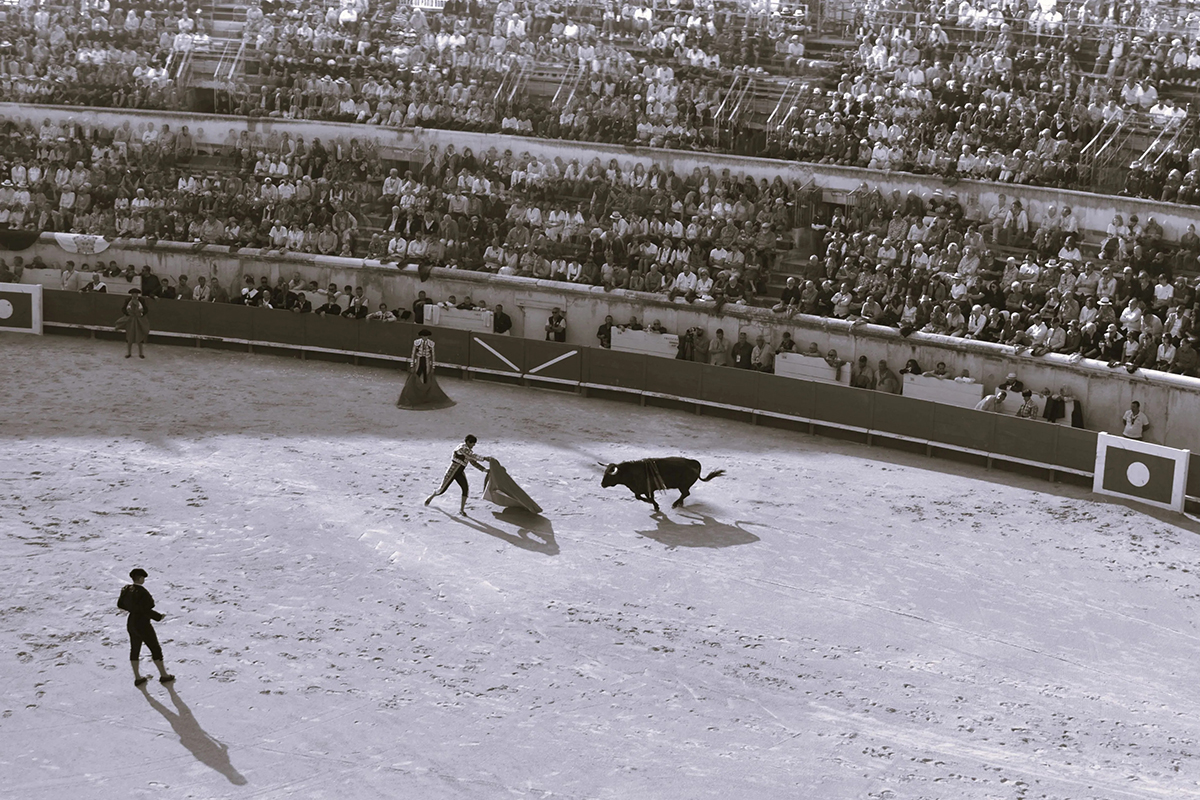The French have a love-hate relationship with heroes. For the great 19th-century historian Jules Michelet, the French Revolution was supposed to have inaugurated the age of the people: ‘France cured of individuals,’ he wrote in the preface to his history. But that same Revolution created a pantheon for its grands hommes. Anyone who has spent time in France will be familiar with the names of those figures celebrated endlessly in street names: Hugo, Gambetta, Pasteur, Jaurès, Moulin and so on. Many French people might now be hard-pressed if asked who some of these heroes were. But the two names everyone knows — even if neither is actually in the Panthéon — are Napoleon and de Gaulle.
In this erudite book, Patrice Gueniffey has had the interesting idea of comparing the careers and the myths of these two legendary figures. And there is a nice symmetry to their stories. Napoleon left history, aged 46, with his defeat at Waterloo on June 18, 1815; de Gaulle entered history, aged 50, with a speech on the BBC on…June 18, 1940. If he had lived long enough, de Gaulle planned to end his memoirs with an imagined dialogue between himself and Napoleon.
Although they were both brilliant creators of their own legends, in most respects the careers of the two men could not be more different — except for one moment. When de Gaulle returned to power in 1958 he pushed through an extraordinary number of reforms — monetary, administrative and institutional — which have been justifiably compared with those of the Consulate of Napoleon (1799-1804). The latter gave France the Civil Code; the former gave France the Fifth Republic. Before turning against Napoleon, Chateaubriand described him as France’s Washington, for having institutionalized the Revolution; and the same comparison has also been made for de Gaulle, whose constitution, after controversial beginnings, created a consensus around France’s political institutions for the first time since the Revolution.
From that point, however, the two careers diverge. Napoleon had no sense of where to stop, while de Gaulle, despite a common misconception of him as a kind of fantasist, had a shrewd sense of the need to respect realities. He once compared himself to Tintin. Another important difference between the two men lay in their relationship to France. Gueniffey writes: ‘If Napoleon was the least French of Frenchmen, de Gaulle was, on the contrary, the most French of Frenchmen. The encounter between Napoleon and France was accidental.’ Napoleon discovered himself as a military genius at the siege of Toulon in 1793, but he was still not sure what to do with his genius. As late as 1795, he contemplated putting himself in the service of the Ottomans.
It is not surprising, therefore, that de Gaulle was torn in his own view of Napoleon — much more so than Churchill, who had a bust of Napoleon on his desk. When the two men visited Napoleon’s tomb together in November 1944, Churchill pronounced: ‘In the world there is nothing grander.’ De Gaulle was less sure, commenting once that ‘Napoleon left France smaller than he found her’. He would have agreed with Malraux that ‘Napoleon saw his destiny as that of an extraordinary individual. However, an individual is not very important compared to a people’.
None of this means that Gueniffey comes down ‘in favor’ of de Gaulle:
‘The heritage is not solely material, and, in the domain of the immaterial, Napoleon will always be the victor. On this level — and that is why he will never cease to fascinate us — he left to the world less a work than an idea: faith in creative energy.’
Stendhal, Hugo, Balzac, the whole of the 19th century, seemed to live in his shadow. But as Gueniffey also observes, in the relationship to the historical moment, it was de Gaulle who showed the true creative energy. Napoleon was in tune with his times; de Gaulle in some sense opposed to his. Bonaparte was the product of a France that, despite ten years of revolutionary turmoil, was bursting with energy to change history; the France that de Gaulle ‘assumed’ (his word) in 1940 was exhausted, demoralised, defeated and ready to leave history. De Gaulle would not allow this to happen.
***
Get three months of The Spectator for just $9.99 — plus a Spectator Parker pen
***
Gueniffey’s book is not only a study of these two individuals. It is also a polemic against the way history is now taught in France. As an unashamed reactionary (using the term objectively), he bemoans what he sees as faddish new trends in the way the subject is presented. He thinks it would be better if the French went back to learning uplifting stories of their heroes instead of fragmented histories of minorities, slaves and women. This is the French version of the debate aroused in this country when Michael Gove foisted on overworked British teachers his ill-conceived revision of the curriculum.
A recent publishing sensation in France has been the 2017 multi-authored work edited by the medievalist Patrick Boucher-on, translated into English as France in the World: A New Global History. Its aim is to ‘decenter’ French history. The chapter on de Gaulle’s Free French focuses on the movement’s African dimension rather than on the personality of de Gaulle. And where French children — and indeed those educated in the French colonies — once had to learn about ‘our ancestors the Gauls’, Boucheron offers a chapter on the founding of Marseille… by the Greeks.
Gueniffey never mentions Boucheron, but his book is clearly conceived as a riposte. Of course, de Gaulle would be in the Gueniffey camp. If anyone believed in grands hommes, he did. Voltaire once commented: ‘I call great men all those who have excelled in the useful and the pleasant. People who ravage provinces are merely heroes.’ De Gaulle, who detested Voltaire, took a different view, despite his own reservations about Napoleon: ‘In the contest among great men, Napoleon always ranks before Parmentier.’ Napoleon ravaged provinces, indeed countries; Parmentier taught the French to eat potatoes.
This article was originally published in The Spectator’s UK magazine. Subscribe to the US edition here.

























